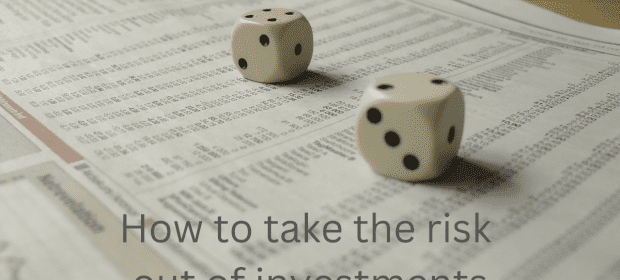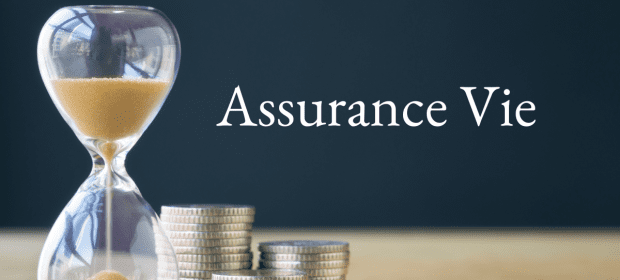………..and, in the context of not structuring your investments to the tax regime of the country in which you reside, it can prove to be very costly.
Let’s take the scenario of the savings conscious UK investor who, over the years, has used some of their available cash to build up a nice portfolio of tax-free investments in ISA wrappers, but then decides to take up residency in France. From the date of moving to France the tax-free status of UK ISA is not recognised in France and any income or capital gains arising from the ISA portfolio become liable to French tax.
Not everyone is aware of the tax efficient structures available in France for longer term savings, the most popular of which is far and away the Assurance Vie, and, as a consequence, suffers the pain of incurring tax liabilities where there were none previously, not to mention the extra administrative burden (and accountancy costs) associated with completing the end of year tax return. In addition, they are missing out on the compounding effect that any unnecessary taxes would have on the growth of the portfolio, which, in itself, is a crucial factor which should not be underestimated.
It’s not only the tax-efficiency of ISAs that is affected but, if you have a UK financial adviser advising you on the management of your investments, then it is unlikely that they will be able to continue to give you appropriate advice due to your change in residency and tax regime. You probably wouldn’t have sought the advice of a French regulated IFA to manage your UK investments when you lived in the UK so it doesn’t make sense to expect a UK regulated IFA to advise you when living in a different tax jurisdiction to the one in which they are qualified and regulated.
Of course, making the switch from UK tax efficient savings to French tax efficient savings may not be without some cost at the beginning – but the longer term benefits are highly likely to far outweigh any initial cost. If you have not yet become French resident, by taking the initiative and disposing of your ISA portfolio beforehand, there would be no tax implications whatsoever.
An added attraction to the Assurance Vie is that there is no limit to how much can be invested and the longer you hold them the more tax-efficient they become. In addition, this type of investment is highly efficient for mitigating the potential French inheritance taxes so that your heirs can receive more of your wealth, instead of the French State.
The very popular Tour de Finance is once again coming to the stunning Domaine Gayda in Brugairolles 11300, So, if you are concerned about your investments and pensions in a post-Brexit world why not join us at this very popular event where you can meet the team in person and listen to a number of industry experts in the world of financial advice. This year’s event will take place on Friday 6th October 2017. Places are by reservation only and it is always well attended so book your place early by giving me a call or dropping me an email. Our speakers will be presenting updates and outlooks on a broad range of subjects, including:
Brexit
Financial Markets
Assurance Vie
Pensions/QROPS
French Tax Issues
Currency Exchange
With a newly elected French government now in office and the forthcoming publication of the French Projet de Loi in the Autumn, the seminar will be an ideal opportunity to find out how any potential French tax changes may affect you, particularly as President Macron has promised changes to the wealth tax regime.






